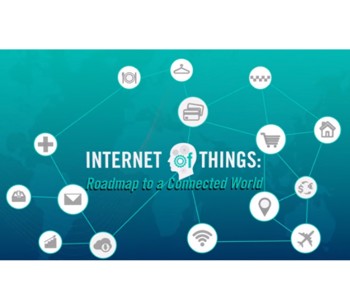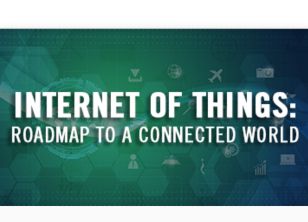| MIT Professional Education Program On IoT |
| Written by Sue Gee | |||
| Friday, 08 April 2016 | |||
|
The latest online course from MIT Professional Education is on the Internet of Things and starts on April 12th. Its premise is that by 2020 there will be 50 billion devices will be connected to the Internet and that organizations need to prepare for the challenges this presents.
MIT Professional Education Digital Programs are intended to provide topical content to professionals as individuals or within organizations. The aim is to reach: a global audience of scientists, engineers, technicians, managers, consultants, and others from industry, government, the military, non-profit, and academia.
As the promo video outlines, this course isn't hands-on programming the smart home, rather it is a high-level look at the promise of the Internet of Things (IoT), how it brings many new business prospects and also presents significant challenges ranging from technology architectural choices to security concerns:
While it is strongly recommended that participants have a bachelor’s degree in computer science and three years’ minimum work experience, the 6-week course is open to any interested participant for the introductory fee of $495. Certificates will be awarded to those who should watch all the videos, and complete all assessments by the due date, with an average of 80 percent success rate and successful participants will also be eligible to receive 1.2 CEUs (Continuing Education Units).
It consist of three modules covering 13 topic areas and 12 hours of video plus case studies and focused readings. Participants are expected to spend an average of 3-4 hours a week on course related activities related to the following points:
More InformationMIT Professional Education Digital Programs Internet of Things: Roadmap to the Connected World Related ArticlesMIT Professional Education MOOC on Big Data Internet of Things MOOC Starts Today IoT Poised To Reshape E-Commerce
To be informed about new articles on I Programmer, sign up for our weekly newsletter, subscribe to the RSS feed and follow us on Twitter, Facebook, Google+ or Linkedin.
Comments
or email your comment to: comments@i-programmer.info |
|||
| Last Updated ( Sunday, 11 November 2018 ) |




